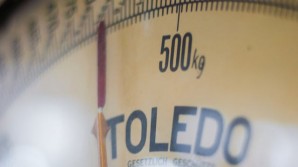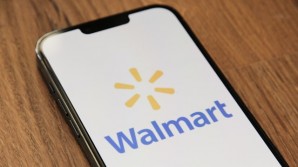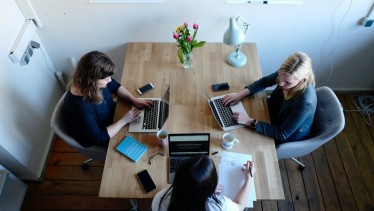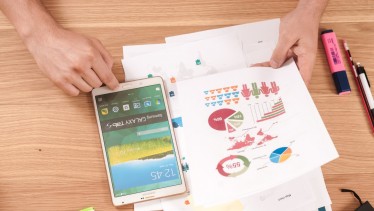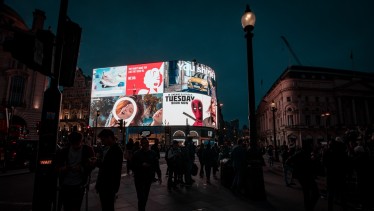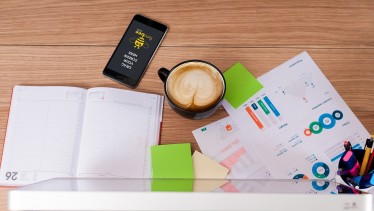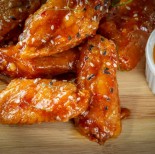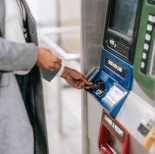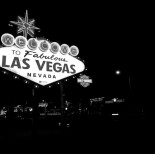Most people are aware of the fact that marketing works on a psychological basis to impart its messages. However, the exact principles in play might come as revelation to you. Understanding how marketers use psychology to make you buy can help you make better-informed purchasing decisions. It can also reduce the likelihood of your succumbing to impulse buying, thereby helping you maintain better control of your finances.
Let's take a look at some of the more common ploys.
Reciprocity
Ever noticed how car dealerships, high-end jewelers and clothing boutiques offer you a beverage or a snack for refreshment? Yes, they're trying to make your visit more comfortable so you'll stay longer and hopefully buy something. But there's a deeper purpose underlying that generosity. Human beings are hard-wired to reciprocate. Whenever someone does something unexpected for you, you subliminally feel compelled to do something for them. That offer of a drink or a snack will underpin their subsequent request for your business.
Fear of Missing Out
"Supplies are limited - act now!" is one of the most well worn tropes in advertising. "If you really like this car, you really should go ahead and buy it now. It's been a long time since I've seen one in this color combination, especially with this equipment. This is rare and hard to find. You will not see another one just like it. Plus, the ad just went out this morning and I've already had five calls about it. If you don't take it, somebody else is going to buy this car within the next day or so and it will be gone."
Anchoring
"The regular price is $49.99, but we're letting these go for $25.00 - that's half price!" This messaging is counting on you to base your purchase decision on the first piece of information you get - or anchoring yourself to it. Then, when you hear you can have it for "half off," you're more likely to feel like you're getting a great deal and make the purchase. Another variation of this is the "two for the price of one" deal. Many people will go for this, even if they had no intention of buying one in the first place.
"Free" Money
Studies have found people will spend more with a credit card than they would in a similar situation paying cash. This is why so many stores offer discounts if you'll open a credit account with them today. People tend to look at credit as free money - until the bill comes in. You're not taking the money out of your pocket and you're pushing payment off into the future. Thus, the immediate impact of parting with the money isn't felt as acutely.
As you can imagine, it's very easy to get caught in a cycle of buying on credit and accumulating debt. It's no wonder hundreds of thousands of Americans have ended up seeking out debt settlement services through programs like Freedom Debt Relief to escape.
Social Proof/Peer Pressure
The desire to "keep up with the Joneses" is a powerful psychological phenomenon. What's more, with the advent of social media, it's more potent than ever. Those vacation pictures of your friends sipping umbrella drinks on the beach in Bora Bora make you wonder if you're wasting your life. After all, if they can afford it, you can too. In other words, when people you consider peers do something, you feel like you should be able to as well. Envy is a very compelling emotion - and it's one of the most powerful ways marketers use psychology to make you buy.



